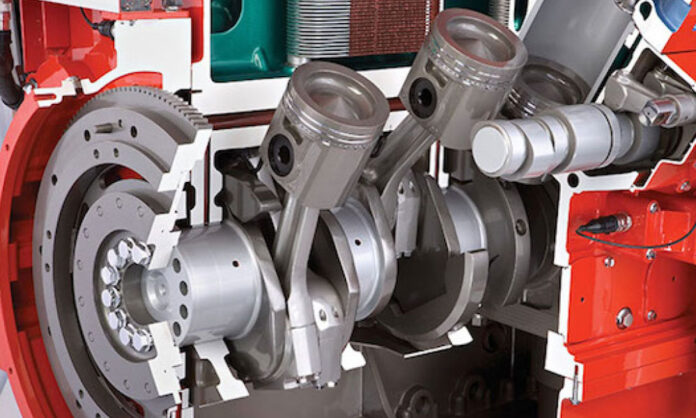In the age of electric and hybrid cars, diesel engines, operating under the weight of prejudices and superstitions, are rapidly losing popularity and disappearing from the lineups of most manufacturers. But are the myths spread about them true?
Myth 1. Diesel is unprofitable
Undoubtedly, repair of diesel fuel equipment frequently becomes necessary due to the use of low-quality fuel. Not to mention that many drivers, oddly enough, fill the tank with the wrong fuel by mistake. But in recent years, diesel owners, taught by experience, have become more attentive to what is poured into the fuel tanks of their cars.
In turn, this forced sellers to improve the quality of the products they offered. Periodic expert checks confirm that diesel fuel sold by well-known gas stations contains virtually no foreign impurities.
Thanks to this, for example, repair of common rail injectors is now required only after 120 – 150 thousand miles. That is, as a rule, no earlier than after the end of the service life established by the manufacturer.
Myth 2. In severe frost, diesel is difficult to start
The design of diesel engines includes modern glow plugs, powerful starters, and batteries. Together, they provide high crankshaft rotation speed, almost instantaneous compression, sufficient air heating, and reliable fuel ignition. And, consequently, an engine starts even at extreme temperatures and does not require long warming up.
Developed not so long ago but already widely used, low-viscosity motor oils also contribute to the efficient starting of diesel engines in winter. For a motor to operate flawlessly, the diesel truck experts from Indy Auto Man recommend complying with several standard conditions:
- Oil strictly corresponds to the season.
- There is no frozen condensate in the fuel filter.
- The battery is charged.
- The starter is in good technical condition.
It is worth noting that the filters in modern diesel engines are heated, which prevents problems with frozen moisture.
Myth 3. Long payback period
Diesel engines are characterized by high efficiency — 35-40% higher than gas ones. The efficiency of diesel engines sometimes looks unrealistic.
When calculating the payback period, one cannot ignore such a factor as maintenance. Previously, automakers recommended that owners of gasoline engines call a service center every 9 thousand miles, and owners of diesel engines every 4,5 thousand miles. Now, this interval is almost the same for both variations. The cost of services is also comparable.
Experts recommend reducing the interval between oil changes by 1.5-2 times for all types of engines under intense operating conditions.
Myth 4. Diesel engine is more tricky to repair
US specialists are well aware of all the features of Bosch, Delphi, Denso, and other diesel equipment and have gained extensive practical experience in its maintenance and repair. Service centers have an arsenal of spare parts, and mechanics can quickly and easily repair common rail injectors.
Myth 5. Diesel cars are uncomfortable
Talks about the discomfort of diesel cars are a gross exaggeration. Most often, they indicate poor heat transfer from a diesel engine. However, the designers compensated for this feature by equipping SUVs and trucks with additional electric heaters.
There is a widespread belief that diesel cars are slow, but acceleration dynamics are not considered. And in this parameter, many diesel engines give a head start to their gasoline competitors.
A diesel vehicle can reach its maximum efficiency when the tachometer needle is kept at medium and low speeds, that is, in the zone of maximum torque.
Thanks to technological development, the diesel engine has increased its environmental friendliness, and modern cars meet established in the US standards. At the same time, the perceived “aroma” of exhaust from gasoline and modern diesel cars is indistinguishable.
Complaints about excessive noise have long lost their relevance – modern diesel engines are quiet and have no vibrations.
To summarize, diesel engines are not inferior to gasoline ones in the most significant technical details and confidently surpass them in several characteristics. Above all, these are reliability and durability, which are especially vital for work trucks and off-road SUVs.


